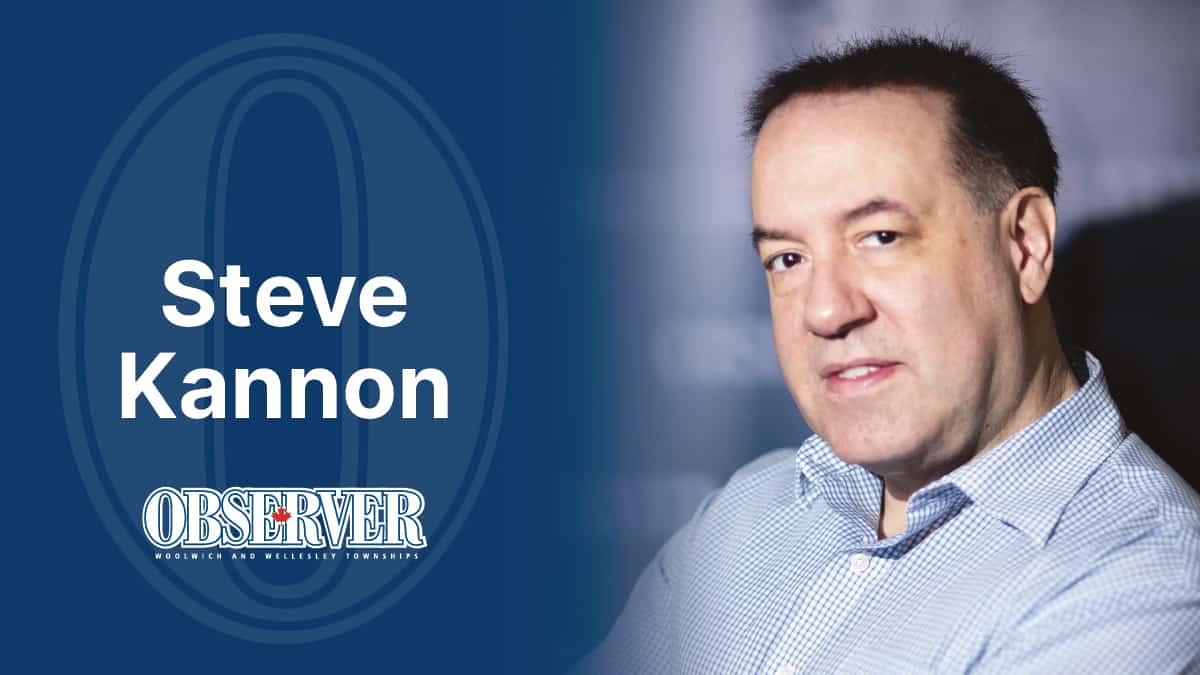;
;
;
Next Article
Our COVID fatigue now getting put to a bigger test

Last week’s attempted insurrection in Washington should have come as no surprise to anyone – it’s what the Trump presidency has been building towards. That being said, the foundation was in place long before Trump came along, as Republicans in particular have been undermining government – and the pe
Last updated on May 03, 23
Posted on Jan 14, 21
4 min read
